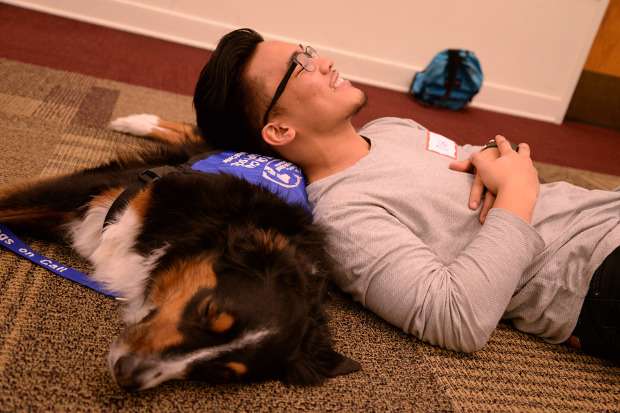For many students, college life means being broke – and this is especially true around the holidays and winter break. With gift shopping, holiday parties, and outings with friends, the pressure to spend money can leave students feeling less than festive. What should be a time of joy and relaxation becomes a burden.
Fortunately, it is possible to save money and enjoy the holidays. Here are some tips to help you stay in good financial health over vacation.
1.) Think Modest. You’re a full-time college student. No one expects you to give extravagant gifts. Give small, thoughtful presents, go homemade (baked goods are always a hit), or consider limiting your gift list. Some families do a Yankee Swap; others pull names from hat and select a present for the person whose name they pulled. Be honest about your financial situation with your loved ones. You even might ask siblings, friends, and extended family to take a break from gift-giving this year. They may be glad you suggested this!
2.) Check Your List – Twice! If family members ask what you want for the holidays, think about your needs. Do you have enough clothing to last you through the next year? Socks? Do you need help buying books or school supplies for next semester? Could you use a gas card or points for your meal plan? Don’t be afraid to ask for necessities: most loved ones will be happy to help you pursue your goals. If you receive money, save it or earmark it for next semester’s expenses.
3.) Be Selective. During break, you may be tempted to spend money on entertainment, including movie tickets, restaurant meals, concerts, and nightclubs. Of course, you want to have fun with friends, but you don’t want to lose your savings. Limit your outings, or plan less expensive ones. Consider going to a matinee – or staying home and watching DVDs with popcorn. Check your local newspaper and see what free events are going on in your hometown. Clip coupons for your favorite chain restaurant. (Sunday newspapers usually include them.) Can’t afford that lift ticket? Try bundling up and taking a walk in the snow.
4.) Treat Yourself. Maybe you really want that concert ticket, dress, or season pass. It may even be worth it. But before you open your wallet, think about what that splurge might mean. Will seeing your favorite band live be worth a few months of being broke? Will you have opportunities to wear that dress? How often will you be able to get to the mountain this winter? It’s normal to want to reward yourself for hard work, but a smaller treat, whether it’s a book, garment, or a trip to your favorite café, might make you just as happy.
As the year and the semester draw to a close, think about your financial goals for the year ahead. How can you save money and reduce your debt? This sounds like a grim process, but it doesn’t have to be. After all, the more money you save in college, the less debt you’ll have after graduation. Think of being frugal as preparing for the future – just one more step on your journey to the life you want.
– Dorothy A. Dahm












